Gender: Male - Starting with N
Nance, Jack
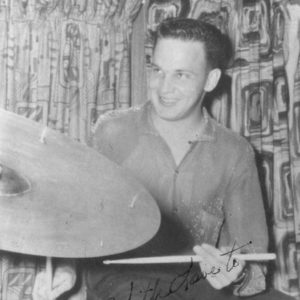 Jack Nance
Jack Nance
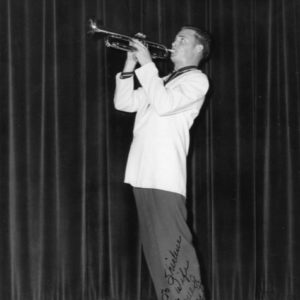 Jack Nance
Jack Nance
Nash, Bob J.
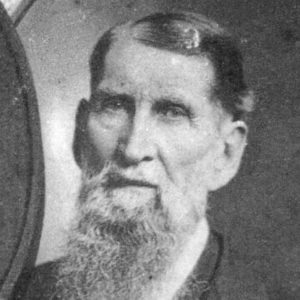 Dr. Charles E. Nash
Dr. Charles E. Nash
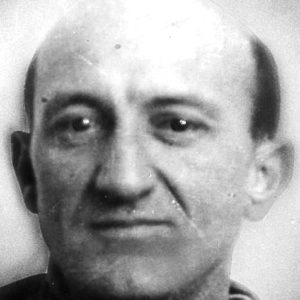 Frank Nash
Frank Nash
Nash, Frank “Jelly”
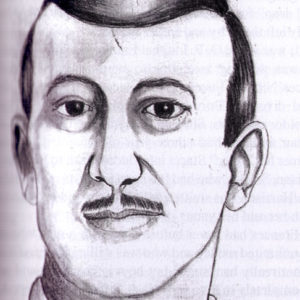 Frank Nash Police Sketch
Frank Nash Police Sketch
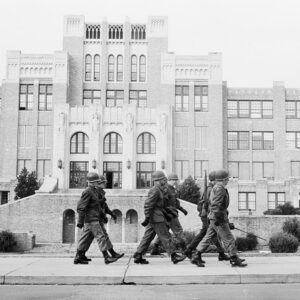 National Guard at Central
National Guard at Central
Ne-Yo
aka: Shaffer Chimere Smith Jr.
 Ne-Yo
Ne-Yo
Neal, Hemp (Lynching of)
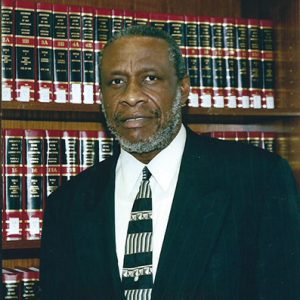 Olly Neal
Olly Neal
Neal, Olly, Jr.
Needham, Harold Brett “Hal”
 Hal Needham
Hal Needham
Neely, Amos (Lynching of)
Neill, Robert
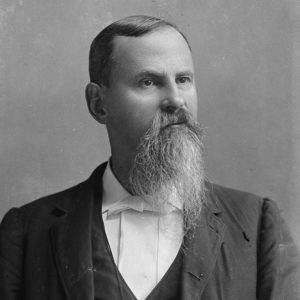 Robert Neill
Robert Neill
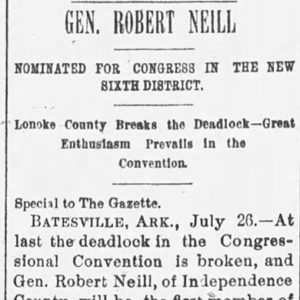 Robert Neill Article
Robert Neill Article
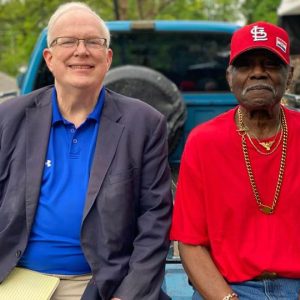 Nelson and Jones
Nelson and Jones
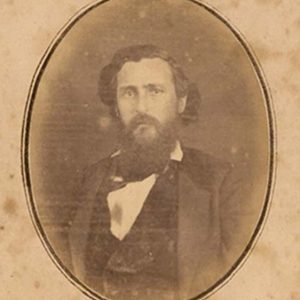 Allison Nelson
Allison Nelson
Nelson, Allison
Nelson, Bud (Lynching of)
Nelson, Dan T. (Lynching of)
Nelson, Edward Sheffield
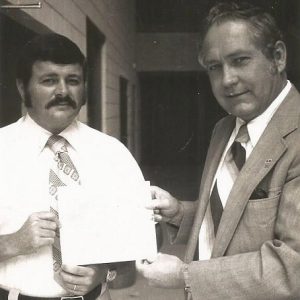 Knox Nelson
Knox Nelson
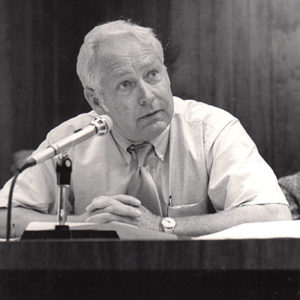 Knox Nelson
Knox Nelson
Nelson, Knox
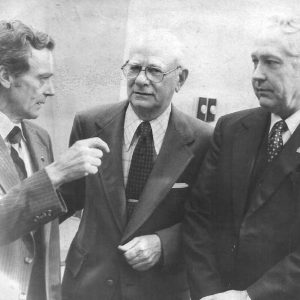 Knox Nelson and Colleagues
Knox Nelson and Colleagues
 Rex Nelson
Rex Nelson
Nelson, Rex
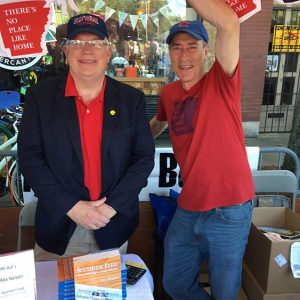 Rex Nelson and Rod Lorenzen
Rex Nelson and Rod Lorenzen
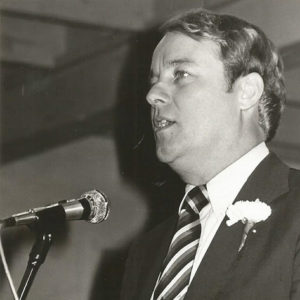 Sheffield Nelson
Sheffield Nelson
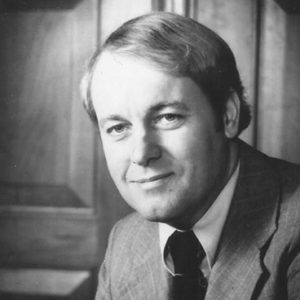 Sheffield Nelson
Sheffield Nelson
 Sheffield Nelson
Sheffield Nelson
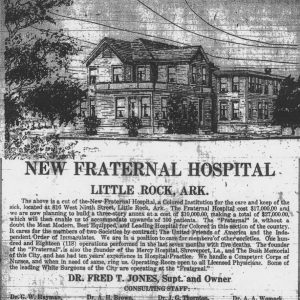 New Fraternal Hospital Ad
New Fraternal Hospital Ad
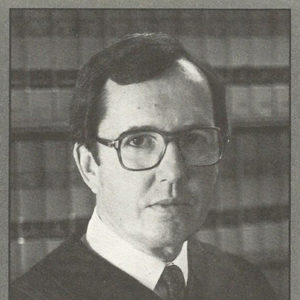 David Newbern Campaign Card
David Newbern Campaign Card
Newbern, William David
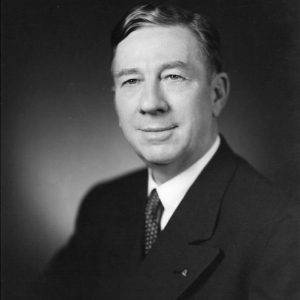 Farrar Newberry
Farrar Newberry
Newberry, Farrar Claudius
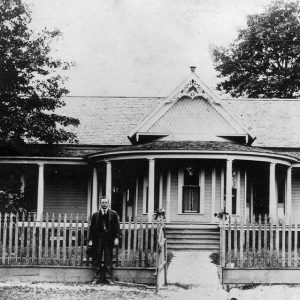 Dr. M. V. Newman
Dr. M. V. Newman
Newman, William (Execution of)
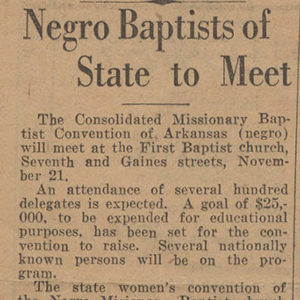 Newspaper Clipping
Newspaper Clipping
Newton County Draft War
Newton, Lee (Lynching of)
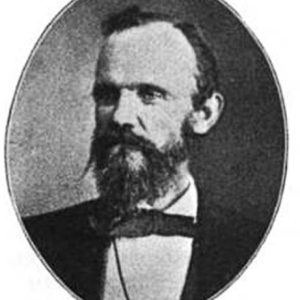 Robert C. Newton
Robert C. Newton




